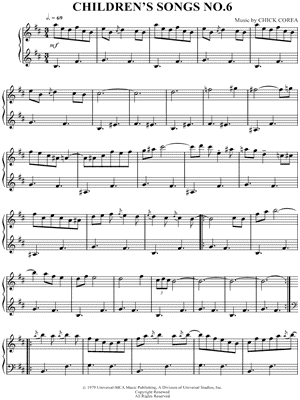

In contrast, the right notes reveal inner secrets of improvisation and they just plain sound "right". They trick us into believing that what went on over a chord change wasn't really anything special. The level of accuracy in a transcribed solo is crucial. Bird learned from Lester, Bud learned from Bird, Chick from Bud, and I'm learning from all of them. After playing the melody of the tune he proceeded to carve a solo that had me convinced it was 1956 and I was experiencing Bud Powell first hand. I remember once walking into Chick Corea's home and hearing him playing Bud Powell's "Celia". Most of the great musicians that I've come in contact with have done solo transcribing at some point in their lives. It's in this process of using great improvisations as training wheels that we gain a foundation which later enables us to create our own excursions into "pulling beautiful melodies out of a hat". Even without McCoy present to explain how he played a certain phrase, the notes speak for themselves and hidden improvising techniques come to the surface. We get a close glimpse as to how this master improviser approaches a particular song, passage, or chord change. Learning a McCoy Tyner solo off the record is a lot like taking a private lesson with him.

After years and years of hard work we'll no doubt, "hear it", but until that time comes, how can we get a glimpse into the art of creating great melodies? I think transcribing solos from records is a piece in this puzzle. How many times have you heard the classic response, "Oh you'll hear it". It's quite often the case that the improviser can't really put into musical terms how they approach a particular chord change.

However, something happens when a great improviser improvises - something that goes beyond what can be expressed in words and concepts. Imagine the incredible musical secrets they could pass on to me. Here is the introduction to the books to further explain how they came about and what the musician can hopefully learn from them.Īs a young person learning to improvise, I often wondered what it would be like taking music lessons with Sonny Rollins or Chick Corea, two of my favorite musicians. The first set of music books presented here are jazz solo transcription books that I completed in 1988.


 0 kommentar(er)
0 kommentar(er)
